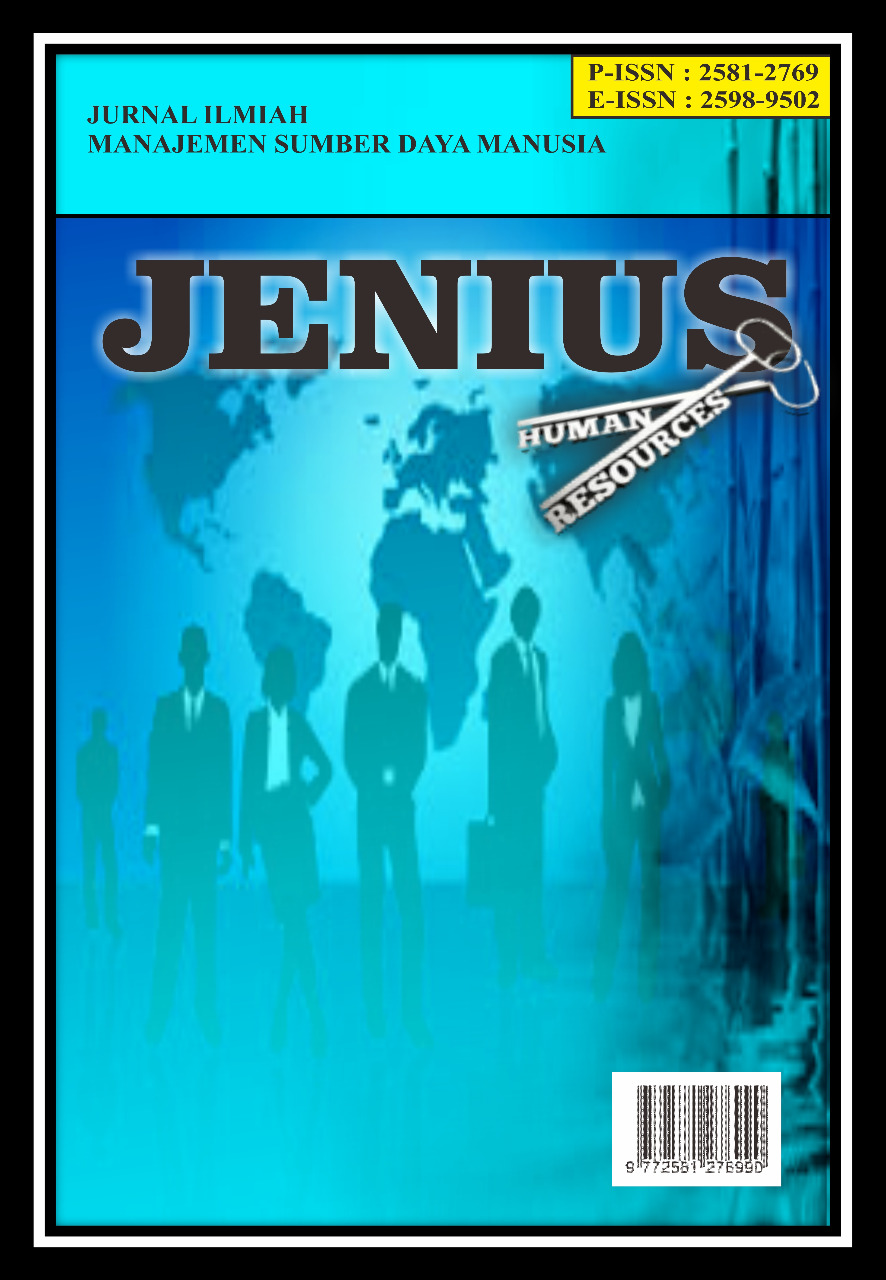EFFORTS TO EMPOWER THE SUKARARA WEAVER COMMUNITY OF JONGGAT DISTRICT, CENTRAL LOMBOK DISTRICT IN IMPROVING THE FAMILY ECONOMY THROUGH BUSINESS CAPITAL MANAGEMENT, LABOR, AND PROMOTION
DOI:
https://doi.org/10.32493/JJSDM.v7i2.36135Keywords:
Economic Empowerment, Forms of Business Management, Business Capital, Labor, and PromotionAbstract
Indonesia's economic growth is influenced by the development of MSME businesses, which is one of the country's economic development priorities. Because small businesses play a role in reducing social inequality. One effort to improve the regional economy is the production of typical Lombok weaving by the MSME industry. The decline in visitors due to the COVID-19 pandemic is a problem that clearly requires strategic steps to strengthen the weaving community through education and training to form communities/groups, namely the MEKAR and KOMIDA groups. The impact of successful economic empowerment of weaving communities is : 1) Reducing the number of poor people, 2) Developing initiatives to increase community income and human resources, 3) Increasing community awareness of family welfare, 4) Empowering family independence, 5) Building community capacity and equalizing income. Capital management carried out by the regional government provides direct company capital support to weaving producers under the control of Bank Indonesia and Bank Mandiri. However, financial managers have not mastered the basics of accounting so that the implementation of financial management is still minimal and personal management does not allow for successReferences
National, W., Government, K., Normal, EN, & Mataram, PK (2020). Presented at the National Webinar, Government and Banking Support for MSMEs in the New Normal Era, 29 June 2020, Organized by PMMI Mataram City.
Nugroho, MS, Mas'ud, R., Khalik, W., Fahdiansyah, R., Azizoma, R., Romdhini, MU, & Aminy, MM (2022). Coastal Tourism: Development Strategy Of Loang Baloq Beach In Lombok Island, Indonesia. Journal Of Environmental Management And Tourism, 13(4), 949–965. https://Doi.Org/10.14505/Jemt.V13.4(60).04
Nurjulaifa, Wulandari, & Haryanti, I. (2022). Empowerment of Tembe Nggoli Weavers in Bima Regency (Case Study of Leu Village, Bima Regency). Missy's Journal, 3(June), 15–19.
Ramly, AR, Wahyuddin, Mursyida, J., & Mawardati. (2018). Village Economy: Analysis of Village Community Economic Empowerment. In Wahyuddim, J. Mursyida, & Mawardati (Eds.), Natural Aceh (Print I). Natural Aceh.
Riduan, M. Ag, DM (2023). Industrial and Business Transformation Towards the Future: Challenges and Opportunities in the Digital Economy Era. In DM Yusup, M.Si (Ed.), CV. Abdi Selaras Karya: Vol. Print I (Print I, Issue 1). CV. Abadi Harmonious Work. Https://Medium.Com/@Arifwicaksanaa/Pengertian-Use-Case-A7e576e1b6bf
Ritonga, HM, Fikri, M., Siregar, N., Agustin, RR, & Hidayat, R. (2018). Marketing Management.
Rochmawati, A., Hadi, M., & Suwondo. (2017). The Role of the Government in Empowering Bandar Kidul Ikat Weaving Craftsmen as a Superior Regional Product (Study at the Bandar Kidul Ikat Weaving Craft Center, Kediri City). Journal of Public Administration (JAP), 3(11), 1827–1831.
Sudarmanto, E., Revida, E., & Zaman, N. (2020). Basic Concepts of Community Service: Development and Empowerment (A. Karim & J. Simarmata (Eds.); Print I, Vol. 1, Issue 1). We Write Foundation.
Sukarni, S., & Septika, BH (2020). Lombok Songket Business Sustainability Through Weaver Empowerment and Product Information Media. Pepadu Journal, 1(2), 166–172.
Supiandi, Riduan, M., & Pramuja, RA (2022). Introduction to Digital Business. In Muhammadiyah University of Malang (Print Press, Introduction to Business Issue). Muhammadiyah University of Malang.
Tindangen, M., Engka, DSM, & Wauran, PC (2020). The Role of Women in Improving the Family Economy (Case Study: Women Rice Field Workers in West Lemoh Village, East Tombariri District, Minahasa Regency). Efficiency Scientific Periodical Journal, 20(03), 81.
Yusup, M., Mas'ud, R., & Johari, M. (2022). Brand Value And Tourists' Satisfaction In Lombok Indonesia As A Halal Tourism Destination. Shirkah: Journal Of Economics And Business, 7(1), 1–16. https://Doi.Org/10.22515/Shirkah.V7i1.403
Zahara, V.M., & Anwar, C.J. (2014). Microeconomics (An Introduction) (RR Rerung (Ed.); Issue 1). CV. Indonesian Science Media.
Downloads
Published
How to Cite
Issue
Section
License
Copyright (c) 2024 Nelly Hidayati, Prof. Dr. Riduan Mas'ud, M.Ag, Dr. Baiq Ratna Mulhimmah, MH

This work is licensed under a Creative Commons Attribution 4.0 International License.
Authors who publish in this journal agree to the following terms:
The author owns the copyright of the article and assigns to the journal the right of first publication with the work simultaneously licensed under the terms Atribusi 4.0 Internasional (CC BY 4.0)
 which allows others to share the work with acknowledgment of the work's authorship and initial publication in this journal.
which allows others to share the work with acknowledgment of the work's authorship and initial publication in this journal.Authors may enter into separate additional contractual arrangements for the non-exclusive distribution of the published journal version of the work (for example, posting it to an institutional repository or publishing it in a book), with acknowledgment of the work's original publication in this journal.
Authors are permitted and encouraged to post their work online (for example, in institutional repositories or on their websites) before and during the submission process, as this can lead to productive exchanges, as well as earlier and larger citations of published work (See The Effect of Open Access).






.png)

